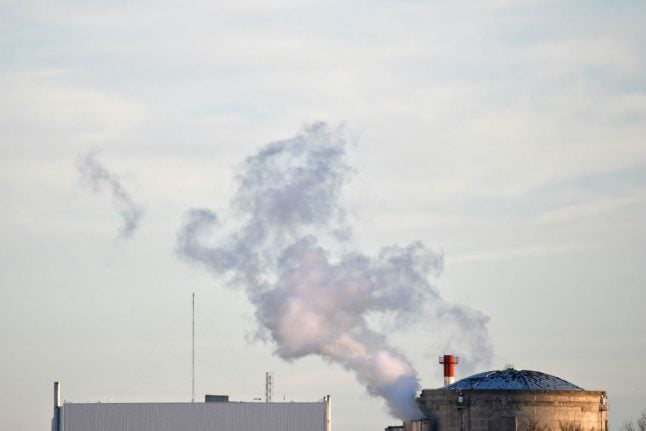According to a report in Saturday’s Süddeutsche Zeitung newspaper, up to one third of these cuts could be in Germany. Until now, only a few hundred jobs were expected to be cut.
Christoph Schmitz, spokesman for the Verdi union of public service workers, described the report as “wild speculation.” He said no-one knows what is being considered, and called on the company’s management “to immediately and comprehensively inform employees about their strategic planning.”
E.ON refused to comment on the report. A spokesman told the news agency DAPD, “We are assessing the background of the changing market conditions and possibly adapting the strategy and structure of the company.” But he said that no decisions had been made yet.
A union spokesman told the newspaper, “There will definitely be redundancies. The question is just how many.”
Werner Bartoschek, board chairman of E.ON Ruhrgas, said on Friday the company was planning a comprehensive re-structuring of important parts of the business. This could result in scrapping E.ON Energie in Munich, E.ON Ruhrgas in Essen and a power station operator in Hannover.
Many major energy companies say they are currently restructuring and downsizing in the wake of Germany’s decision to shutdown its nuclear power stations.
DAPD/The Local/bk



 Please whitelist us to continue reading.
Please whitelist us to continue reading.
Member comments